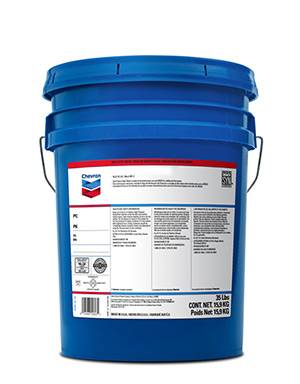Dic . 12, 2024 13:22 Back to list
hdpe agriculture pipe
The Use of HDPE Pipes in Agriculture Enhancing Efficiency and Sustainability
High-Density Polyethylene (HDPE) pipes have become increasingly popular in the agricultural sector due to their numerous advantages in irrigation and water management systems. This versatile material has transformed the way farmers manage their water resources, allowing for more efficient irrigation practices, reduced costs, and minimized environmental impacts. In this article, we will explore the benefits of using HDPE pipes in agriculture and how they contribute to sustainable farming practices.
1. Durability and Longevity
One of the most significant advantages of HDPE pipes is their remarkable durability. Manufactured from high-density polyethylene, these pipes are resistant to corrosion, chemicals, and UV radiation, making them suitable for various agricultural environments. Unlike metal or concrete pipes, HDPE pipes do not rust or degrade over time, allowing for a longer service life. Farmers can rely on HDPE pipes to maintain their irrigation systems without frequent replacements, ultimately saving both time and money.
2. Flexibility and Lightweight
The flexibility of HDPE pipes is another notable benefit. They can be easily bent and maneuvered to fit specific farm layouts, allowing for customized irrigation designs that can adapt to the terrain. This flexibility makes installation simpler and less labor-intensive compared to rigid piping systems. Furthermore, HDPE pipes are lightweight, enabling farmers to transport and handle them with ease, reducing labor costs associated with installation.
3. Efficient Water Distribution
Effective water management is paramount in agriculture, especially in regions where water scarcity is a pressing issue. HDPE pipes offer superior hydraulic performance, allowing water to flow smoothly and efficiently. Their smooth inner surfaces reduce friction, leading to lower energy consumption for pumping systems. With improved water distribution, farmers can ensure that their crops receive adequate moisture, enhancing growth and productivity.
4. Reduced Soil Erosion and Runoff
hdpe agriculture pipe

The use of HDPE pipes in drainage systems helps mitigate soil erosion and prevents runoff, which can lead to nutrient loss from the soil. Proper drainage allows excess water to be removed from fields, protecting crops from waterlogging and promoting healthier root systems. This plays a critical role in maintaining soil quality and ensuring sustainable agricultural practices.
5. Cost-Effectiveness
Investing in HDPE piping systems can lead to significant cost savings over time. Although the initial investment may be higher than traditional materials, the durability, reduced maintenance needs, and improved efficiency of HDPE pipes often result in lower overall costs. Farmers can benefit from decreased water usage and energy expenses, ultimately leading to higher profit margins.
6. Environmental Benefits
The adoption of HDPE pipe systems contributes positively to environmental sustainability. By optimizing irrigation practices and reducing water waste, farmers using HDPE pipes can play a role in preserving local water resources. Moreover, the recyclability of HDPE material aligns with the growing emphasis on sustainable practices in agriculture. When the pipes reach the end of their life cycle, they can be recycled into new products, minimizing waste and promoting a circular economy.
7. Versatility in Applications
HDPE pipes are suitable for various agricultural applications, including drip irrigation, sprinkler systems, and drainage solutions. This versatility allows farmers to employ HDPE pipes in different crop types and growing conditions, making them an invaluable asset for modern agricultural practices.
Conclusion
As the agricultural industry continues to evolve, the role of innovative materials like HDPE pipes cannot be overstated. With their durability, efficiency, and environmental benefits, HDPE pipes are transforming irrigation and water management practices. For farmers seeking to enhance productivity while promoting sustainability, investing in HDPE piping systems is a strategic choice that meets the demands of both current and future agricultural challenges. Embracing such advances will not only improve yields but also contribute to the sustainability of farming practices worldwide.
-
HDPE Natural Sheet: Durable, Food-Grade & Versatile Plastic Solutions
NewsAug.27,2025
-
Durable Glossy PVC Rigid Sheet | Premium High-Shine Panels
NewsAug.26,2025
-
Durable PP Rigid Sheet: Lightweight, Chemical Resistant Solutions
NewsAug.21,2025
-
PVC Grey Sheet for Extraction: Chemical Resistant & Durable
NewsAug.19,2025
-
Durable PVC Pipe Fittings for Plumbing & Irrigation Needs
NewsAug.18,2025
-
HDPE Steel Belt Reinforced Spiral Corrugated Pipe | High Strength
NewsAug.17,2025

